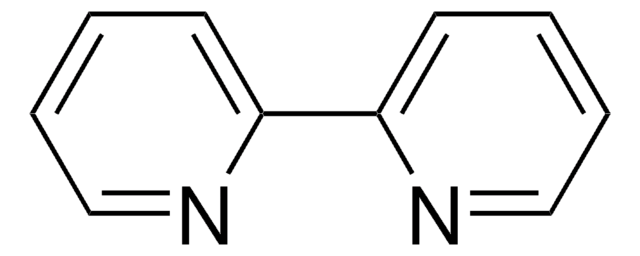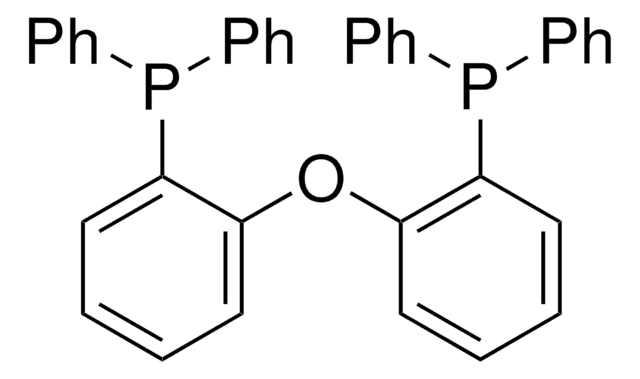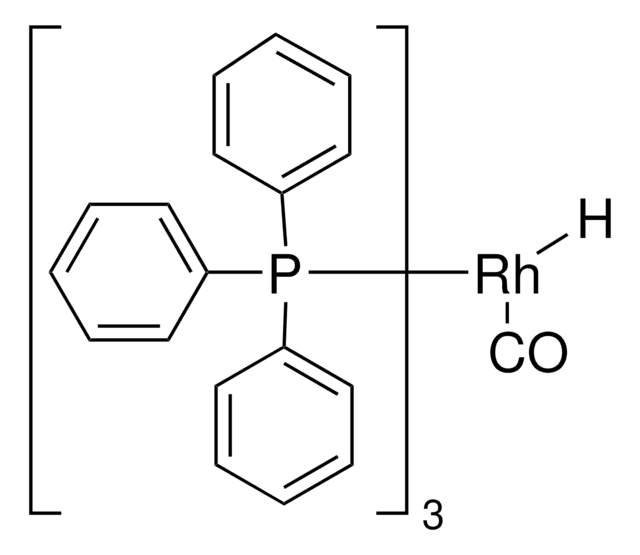212946
Copper(I) chloride
reagent grade, 97%
Sinónimos:
Copper monochloride, Cuprous chloride
About This Item
water: insoluble(lit.)
Productos recomendados
grade
reagent grade
Quality Level
vapor pressure
1.3 mmHg ( 546 °C)
assay
97%
form
powder
reaction suitability
reagent type: catalyst
core: copper
pH
5 (20 °C, 50 g/L)
bp
1490 °C (lit.)
mp
430 °C (lit.)
solubility
dimethyl sulfide: partially soluble(lit.)
water: insoluble(lit.)
SMILES string
Cl[Cu]
InChI
1S/ClH.Cu/h1H;/q;+1/p-1
InChI key
OXBLHERUFWYNTN-UHFFFAOYSA-M
¿Está buscando productos similares? Visita Guía de comparación de productos
Categorías relacionadas
General description
Application
signalword
Danger
Hazard Classifications
Acute Tox. 4 Dermal - Acute Tox. 4 Oral - Aquatic Acute 1 - Aquatic Chronic 1 - Eye Dam. 1 - Skin Irrit. 2
Storage Class
8A - Combustible corrosive hazardous materials
wgk_germany
WGK 3
flash_point_f
Not applicable
flash_point_c
Not applicable
Elija entre una de las versiones más recientes:
¿Ya tiene este producto?
Encuentre la documentación para los productos que ha comprado recientemente en la Biblioteca de documentos.
Los clientes también vieron
Nuestro equipo de científicos tiene experiencia en todas las áreas de investigación: Ciencias de la vida, Ciencia de los materiales, Síntesis química, Cromatografía, Analítica y muchas otras.
Póngase en contacto con el Servicio técnico








